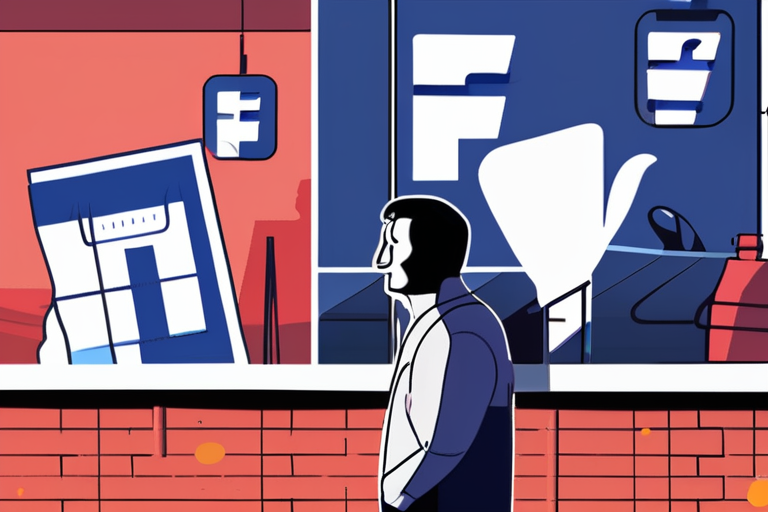Snapchat to Charge Users for Storing Memories: A Shift in Digital Legacy


Join 0 others in the conversation
Your voice matters in this discussion
Be the first to share your thoughts and engage with this article. Your perspective matters!
Discover articles from our community

 Hoppi
Hoppi

 Hoppi
Hoppi

 Hoppi
Hoppi

 Hoppi
Hoppi

 Hoppi
Hoppi

 Hoppi
Hoppi

BREAKING NEWS Snapchat to Impose Storage Fees on Users, Sparking Fears of Lost Memories Snapchat's parent company Snap has announced …

Hoppi

Can You Trust Cloud Storage Services in 2025? Verdict After Testing Fan Favorites In a comprehensive review of cloud storage …

Hoppi

Facebook and Instagram to Introduce £2.99 UK Subscription Fee to Stop Ads In a move aimed at reducing online advertising, …

Hoppi

The Snapchat Snap: How to Export Your Memories Before the Price Tag Hits As I scrolled through my Snapchat memories, …

Hoppi

Snapchat Introduces Paid Storage Option for Memories Hoarders In a move to address the growing storage needs of its users, …

Hoppi

Snapchat Introduces Paid Storage Option for Memories Hoarders In a move to manage the vast amount of user-generated content on …

Hoppi